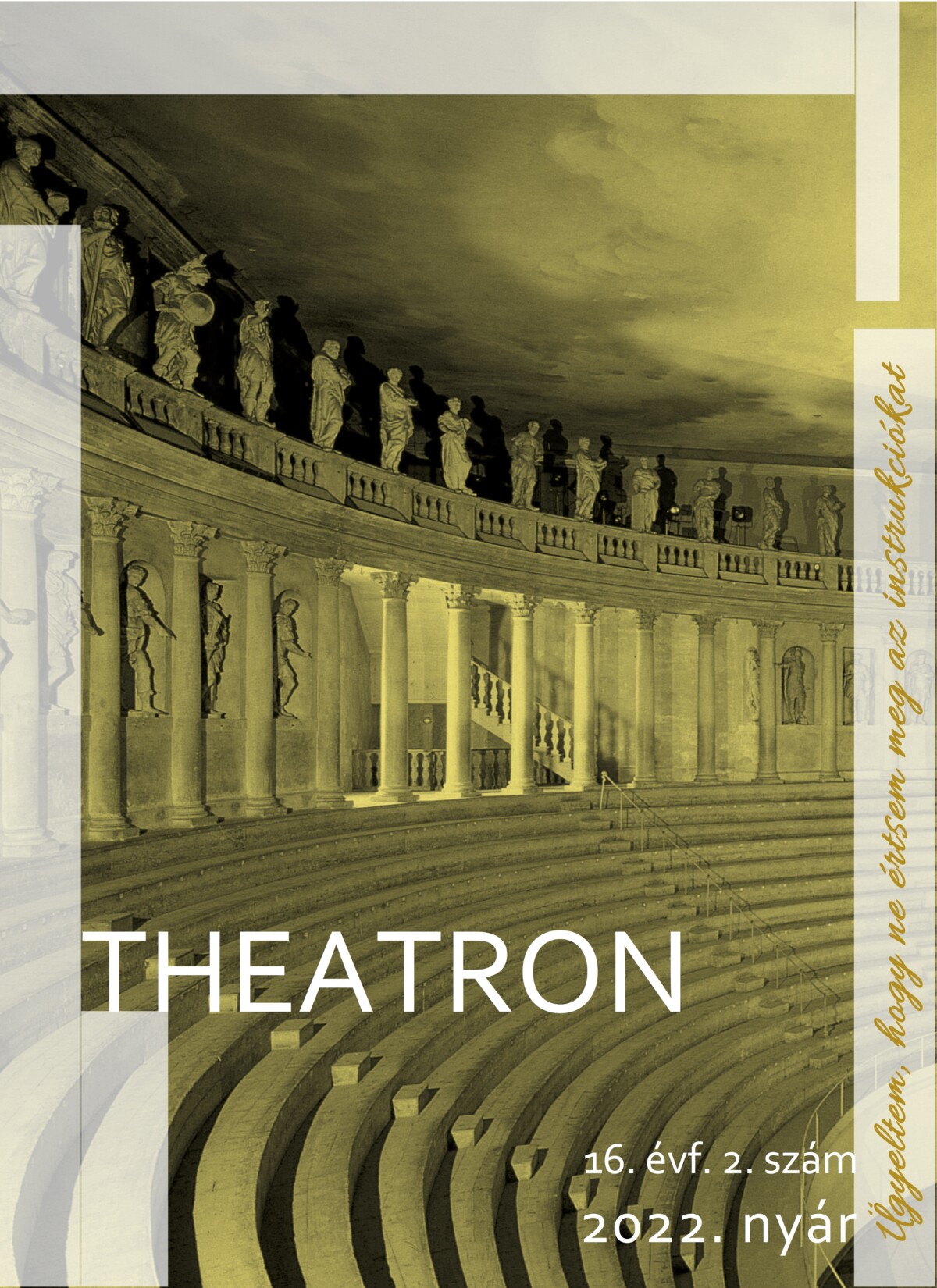A fenomenológia és a színháztudomány viszonya
The Relationship of Phenomenology and Theatre Studies
Author(s): Péter ZávadaSubject(s): Theatre, Dance, Performing Arts
Published by: Theatron Műhely Alapítvány
Keywords: phenomenology; theatre and performance studies; Edmund Husserl; Jacques Derrida; metaphysics of presence
Summary/Abstract: In the 1960’s Anglo-American theatre and performance studies were mostly dominated by theories of poststructuralism, deconstruction, postmodernism, feminism, Marxism, and postcolonialism. The 2000’s, however, can be considered as a return to phenomenology. One of the key problems with using phenomenology as a research method in theatre and performance studies had been the radical questioning of Husserl’s “metaphysics of presence” by Derrida. But as Stuart Grant puts it in his 2012 paper entitled Genealogies and Methodologies of Phenomenology in Theatre and Performance Studies, we tend to forget that Derrida and Butler as well are deeply rooted in the phenomenological tradition. After shedding light on the history of phenomenology in the Anglo-American theatre and performance studies, and clarifying its primary roles, we mention some of the earliest works dealing with stage performance from a phenomenological point of view, such as Maxine-Sheets Johnstone’s The Phenomenology of Dance (1966) and Bruce Wilshire’s Role Playing and Identity: The Limits of Theatre as Metaphor (1977). We discuss in greater detail Bert O. States’s Great Reckonings in Little Rooms (1985), Stanton B. Garner’s Bodied Spaces (1994), and Pannill Camp’s The Stage Struck Out of The World (2015). Finally, we conclude that even Husserl’s complex architectonics of the conscience can be utterly useful in the research concerning theatre and performance.
Journal: Theatron színháztudományi periodika
- Issue Year: 16/2022
- Issue No: 2
- Page Range: 6-13
- Page Count: 8
- Language: Hungarian

